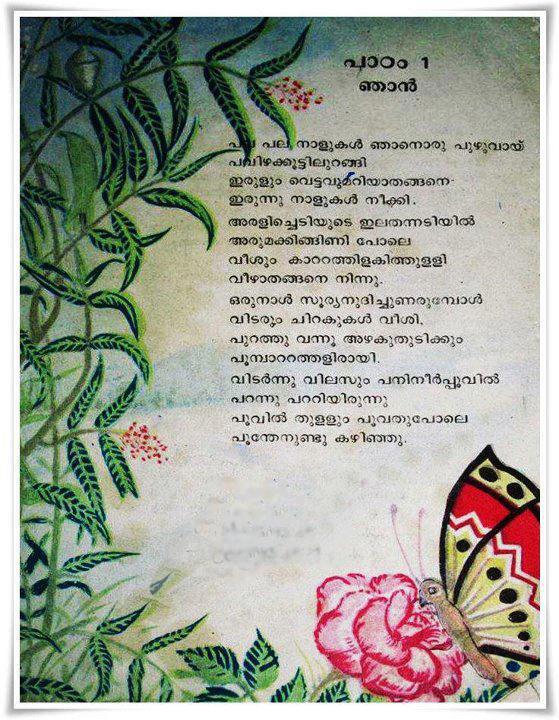Future Past
In
the past they said, the internet would overthrow books, newspapers, print
magazines and printed textbooks and as a corollary, the publishing industry
itself. Fact remains that matters are different now. I remember, still, as a
child I was fascinated by the talk about computers that textbooks would be
replaced by something like slates, with glossy screens—like ipads, but hell,
back in the 90s, there were no ipads in real life. What would happen to newspapers
and magazines? We speculated. Who cared about newspapers and magazines?
However, books were my weakness. I could not think, books being replaced by
some solid, granite like glossy plastic and glass.
They
were matters of science fiction. In school, our textbooks always took the form
of glossy slates, when we talked about computers. Then when the new millennium
came, when there was a rage about the end of the world and all, computers came
to India.
 |
| Image Courtesy: Google |
At
first, some of us thought of what might happen to the manual laborers, whose
areas of work the computer and the internet would replace. Then they made a
fuss about moral and ethical issues the internet and the resultant global
communication would bring forth. They were undoubtedly aiming at the porn
industry. Cyber crimes were the latest rant against the internet and the
computers. They still are, in fact, and not for lesser reasons.
Among
all this cyber Nazism, the internet and the computers have grown in India like
fungus on a dead tree trunk. It created slum dog millionaires, and hot and
spicy blogs.
What
happened to newspapers and magazines, then? Well, in fact, they are selling
like in the old days and more, in the form of e-papers and e-mags. What
happened to books? They have started making e-books and they are sold too, but
not as much as the print ones, in India. Print books sell crazy. The publishing
industry in India is in its baby boom and writers of the new generation include
the author of this humble blog post as well.
 |
| Image Courtesy: Google |
Then
what happened to the textbooks? Newspapers, magazines and books all were
scanned in and made available online and as e-materials. But next books are
still in their lazy stone age. Our hardcore childhood science fiction did not
materialize, yet in India. Governments after governments promise that they
would provide free or low cost tablet computers to school and college students.
Classrooms in many colleges are connected through Wi-Fi, in the hope that
someday every poor student who cannot afford a laptop or a tablet computer can
expect a favor from the governments.







Comments